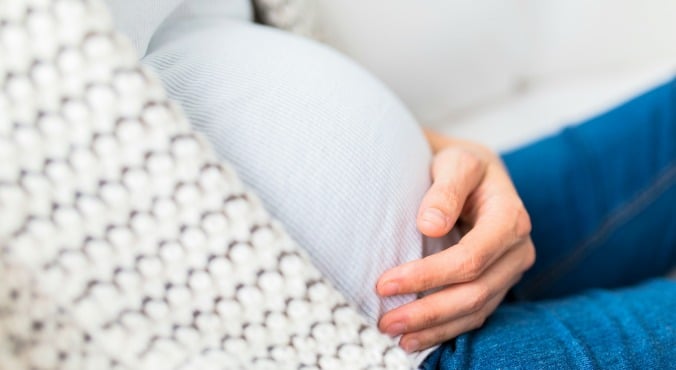
Image:
My forgetful friend – the subject of my original article – gave birth to a baby girl on Thanksgiving Day. She’s a beauty, and I know her mum agrees that the morning sickness, crazy sense of smell and forgetfulness were worth it in the end.
In the meantime, while she’s experiencing a whole new set of biochemical processes that happens when a woman becomes a mother, let’s re-explore even more crazy changes that affect – or originate in – the brain during pregnancy. What causes clumsiness, food cravings, and moodiness?
Tripping over everything.
Anecdotally, many women report that one of their earliest signs of pregnancy was that they felt clumsier: constantly dropping their keys, spilling milk in the kitchen or tripping over their own feet. In fact, one study reported that 27% of women fell at least once during pregnancy, which is similar to the prevalence of falls in those older than 65 years.
Down the line, the clumsiness makes sense. During the final few months of pregnancy, as the baby bump grows rapidly, a pregnant woman’s centre of gravity gradually shifts upward. Neural inputs related to posture – including visual, vestibular (balance and orientation), and somatosensory (touch) information – change quickly during pregnancy, and then again after birth as the centre of gravity returns.
The region of the brain which integrates this information, the parietal lobe, must adjust accordingly, interpreting the new, ever-changing input correctly before sending down the proper signals for balance and coordination. (Watch: Pregnancy myths busted. Post continues after video.)


